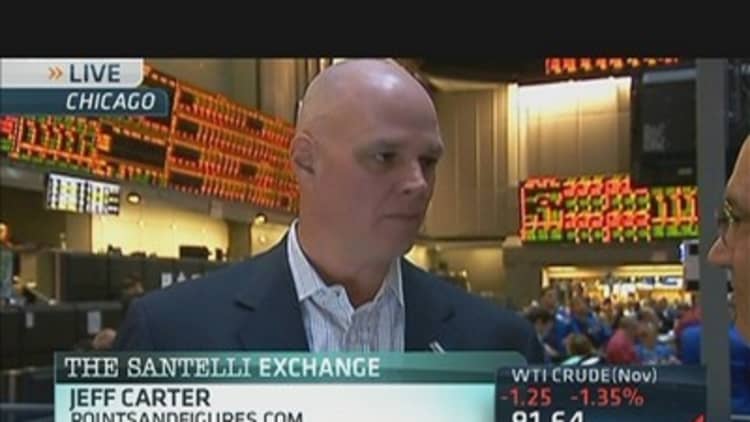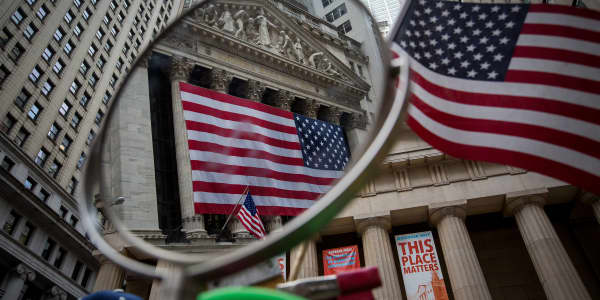The 2005 formation of Y Combinator kicked off an explosion of accelerator programs in the U.S., leading to hundreds of entrepreneurs finding financial backers as well as mentors. But as the movement swept through America, the rest of the world largely ignored it.
Today that's changing, and the momentum is fierce. Accelerators are popping up all over Europe, even in areas like Africa, as countries begin farming their own entrepreneurial talent.
That's because the success pioneers like Y Combinator have captured imaginations. The Mountainview, Calif., accelerator has so far groomed and funded more than 550 start-ups, including Reddit and Dropbox. Of those, 172 have been either acquired, shut down or have raised funding worth a whopping $7.78 billion. The average valuation of its companies is $45.2 million, according to co-founder Paul Graham.
Accelerators act as incubators for start-ups, helping promising entrepreneurs through the rocky early days of a company's launch with mentoring, support and often office space. They're difficult to get into, and they push the start-ups hard during a process that can last anywhere from five to 13 weeks. Their end goal: Help founders polish their business plans and build sustainable companies that might attract the interest of financial backers.
To do that, top accelerators give entrepreneurs access to experienced mentors in a host of fields, which can be invaluable in advancing a start-up. Seven-year-old Techstars, for instance—the uber-accelerator founded by David Cohen, Brad Feld, David Brown, and Jared Polis—counts Tumblr CEO David Karp, HubSpot co-founder and CTO Dharmesh Shah, and Foursquare CEO Dennis Crowley among its stable of mentors. Y Combinator pulls in executives from Facebook and other Silicon Valley giants. The final step for many of these programs is a "Demo Day," or a pitch to VCs.
(Read more: The happiest entrepreneurs aren't where you think they are)
Turbocharging change
There are more than 1,800 accelerators and related programs around the world, according to f6s, which tracks these sort of programs for entrepreneurs. Success rates vary widely, and Aziz Gilani, director at DFJ Mercury, a Houston-based venture capital firm, sounded a warning bell about them in 2011, noting that of the 29 top North American accelerators, 45 percent failed to produce a graduate that raised any venture funding. The key to success, he noted, is finding programs that are tied to reliable funding sources, such as venture capitalists and angel investors. Good track records in business development are also important.
For many of these new programs, it's too early to determine how effective the accelerators are, but some forerunners in the space have achieved notable numbers. The Difference Engine, founded in 2009, was a 13-week accelerator program based in North East England. Funded by the public sector, the teams that participated in it raised more than $20 million in capital. That led to a buyout by angel investors, who rebranded the program Springboard.
Earlier this year Techstars, backed by more than 75 venture capitalists and angel investors and whose average participant raised $1.6 million in funding and boasts a fail rate of just 10.5 percent—merged with Springboard, making it their first overseas venture.
The grassroots phenomenon

Jon Bradford, who founded The Difference Engine and is now managing director of Techstars UK, says there are several factors spurring the rise in accelerators worldwide. "In relative terms accelerators do not require large amounts of capital, being primarily about mentorship," he said. "They represent a way for less mature ecosystems to rapidly develop, thanks to experienced entrepreneurs who can 'pay it forward.' By supporting the next generation of start-ups with funding as well as know-how and access to business networks, they can make a tangible impact."
Mbwana Alliy, founder and managing partner of Kenya's Savannah Fund, a one-year-old accelerator, can attest to that. He is hoping to boost the start-up culture in sub-Sahara Africa and beyond.
A former associate at i/o Ventures—a seed fund started by MySpace founder Aber Whitcomb—Alliy's understanding of the African market led him to launch the accelerator and accompanying fund, which invests $25,000 to $500,000 in early-stage web and mobile start-ups for an equity stake. One of the three start-ups from the accelerator's first class is currently in the process of closing more than $100,000 in seed funding.
While the region is rich in entrepreneurs, he says, there are some specific challenges. The biggest is inexperience and unfamiliarity with how the start-up world works.
"We want to make sure the companies have modeled funds and goals and way to get there," he noted. "[Many founders] read a TechCrunch article, see all this press, and they think it's easy. Every weekend, I walk into the Savannah Fund offices, and if I don't see someone working, I get worried. ... [There are] start-ups who have never seen a term sheet before. I have to explain what a vesting schedule means. Those are the things we have to educate and teach to the start-ups."
Alliy conceded that the final scorecard for the Savannah Fund is financial returns. And luring investors to the area is tricky.
"Many conservative investors say they don't see an exit now, so they're not going to invest," he said. "The Savannah Fund is early in trying to catch that wave of hits. For now, we're focusing on companies that already have financing, paying customers and are growing to meaningful scale."
Savannah Fund will host its second DEMO day next month.
Technology catalyzes change
The start-up world is a bit more mature in Scandinavia, thanks to the explosion in Finnish mobile game developers like Supercell and Rovio. (Last month Supercell sold 51 percent of the company to Japan's SoftBank and GungHo, fellow game maestro, for $1.5 billion.) That success has rubbed off on other start-ups and helped the 100 or so graduates of the three year-old Startup Sauna accelerator in Espoo, Finland, raise nearly $25 million over the past four years.
The biggest of those was Virool, a social video advertising platform that helps videos go viral. After Startup Sauna the company moved to Y Combinator, where it ultimately raised $6.62 million in its seed round—Y Combinator's largest-ever seed funding.
Juuso Koskinen, head of operations at Startup Sauna, says the biggest initial obstacle was getting people in the region to think like entrepreneurs.
"In Finland we had a big depression at the beginning of the '90s," he said. "Culturally, failing has always been sort of taboo, so it's not really nice if you fail. People don't want to take the risk of failing and have always played it safe. Companies like Nokia [the region's top employer] always made that easy. Now the mindset is starting to change."
Like Savannah Fund, instead of focusing just on Finland, Startup Sauna takes a regional approach, casting a wider net for talented entrepreneurs throughout Northern Europe and Russia.
"We're doing this to make this region more vibrant," said Koskinen. "The countries around us are not that big—except for Russia—so we can't really compete by ourselves. We have to take into consideration the whole region, and the only way to know what's happening is to do the footwork ourselves."
It does that through tours of the region as well as its SLUSH conference, which brings together early-stage start-ups in the region as well as venture capitalists. (Last year's gathering saw 3,500 attendees, with more than 200 investors.)
While Startup Sauna graduates numbers just over 100, more than 1,700 companies have applied to be part of the program. That's a notable metric, though skeptics will point out that financing is the ultimate judge of a program's strengths.
Koskinen agrees but said you also have to factor in the stage of the businesses that enter and exit accelerator programs.
"We take very early-stage companies," he said. "Basically, we have to believe in the team, and the idea has to be in the prototype stage. Something has to be validated. ... What we are trying to do is build them to a stage that they are ready to meet investors, but it might still be a couple months away. It might even be a year away."
Brad Feld of Techstars noted that it's too early to judge the success of most accelerator programs that are gearing up around the world. In fact, he said, it may be quite a while before anyone can separate the winners from the losers.
"Check back in 2017. The first Techstars class was in Boulder in 2007," he said. "These are very early-stage companies, and it will take a long time to determine the aggregate success."
—By Chris Morris, Special to CNBC.com




